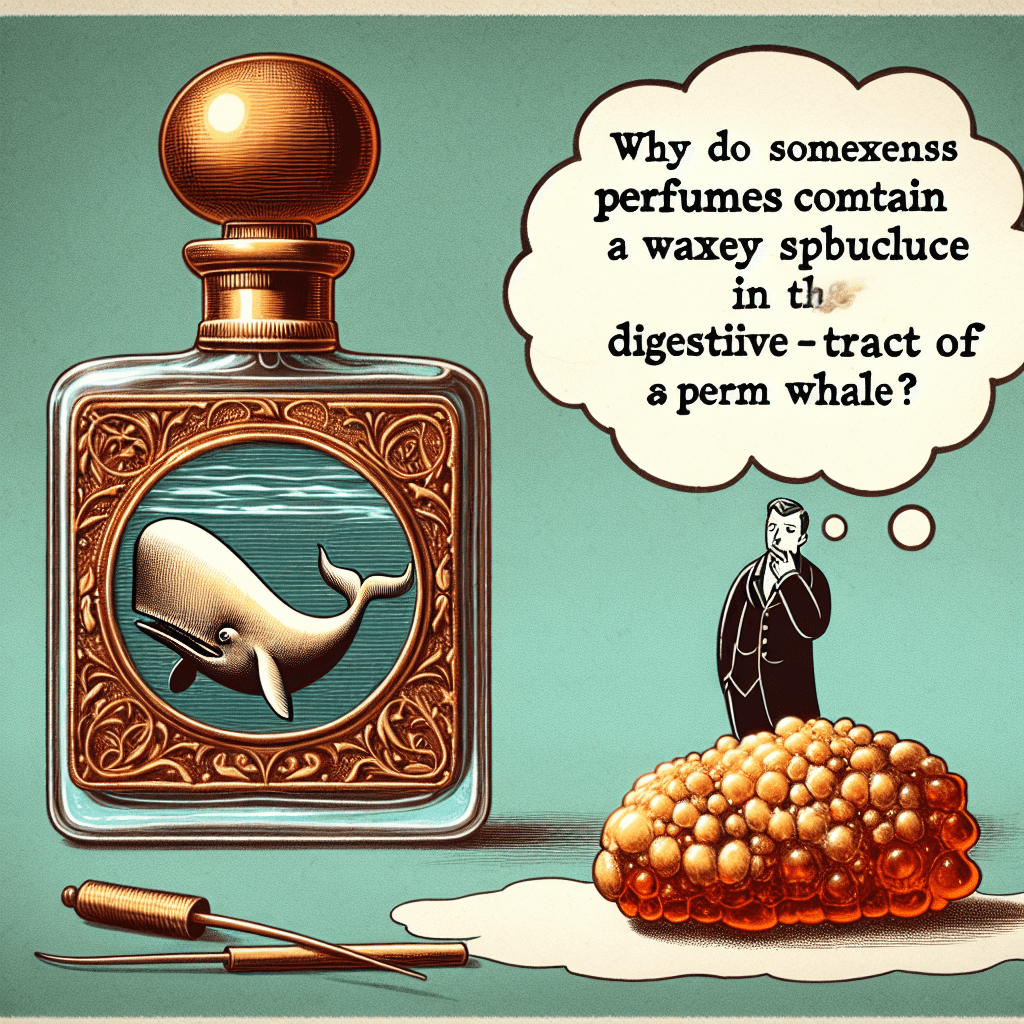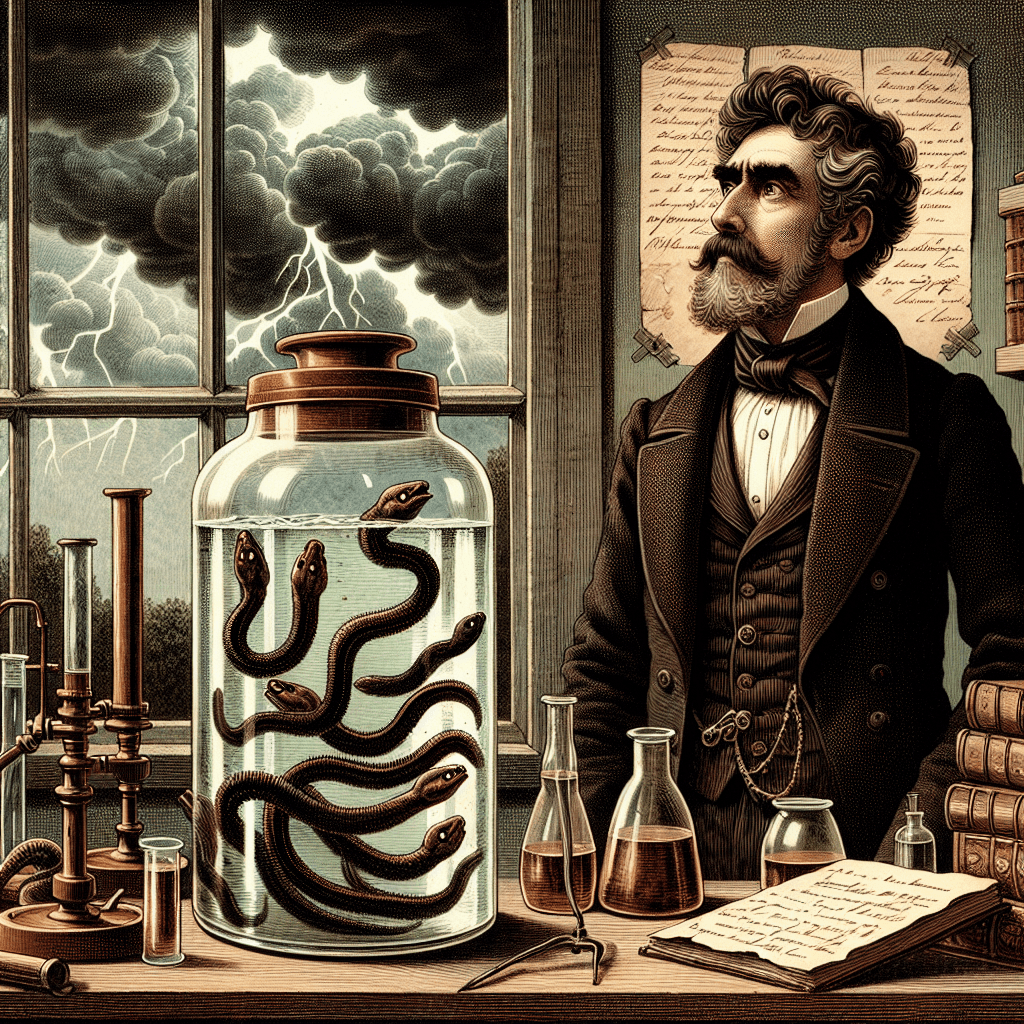The Unending Annoyance: Who Holds the Record for the World's Longest Continuous Hiccup Spell
For most, hiccups are a brief annoyance, but imagine having them for years. This is the almost unimaginable story of the person who holds the world record for the longest continuous bout of hiccups.


Too Long; Didn't Read
This post explores the astonishing world record for the longest continuous spell of hiccups, which lasted for years rather than minutes.
The Unending Annoyance: Who Holds the Record for the World's Longest Continuous Hiccup Spell?
We've all experienced them – those sudden, involuntary "hic!" sounds that can be annoying, embarrassing, or sometimes even painful. For most, a bout of hiccups is a brief, temporary inconvenience, often gone within minutes. But imagine hiccuping continuously, not just for hours or days, but for years. This almost unimaginable scenario was the reality for one individual who holds an astonishing and rather unfortunate world record. This post delves into the remarkable story of the person who endured the world's longest continuous hiccup spell, exploring the man behind the record and the sheer incredulity of his condition.
The Unfortunate Record Holder: Charles Osborne
The Guinness World Record for the longest continuous hiccup spell belongs to an American man named Charles Osborne (1894–1991) from Anthon, Iowa. His epic bout of singultus (the medical term for hiccups) began in 1922 and didn't stop until 1990, a staggering 68 years of continuous hiccuping.
This incredible journey into medical history began, according to Osborne, while he was attempting to weigh a 350-pound hog before slaughter. He reported that he fell, and although he felt nothing at the time, this incident seemingly triggered the unrelenting hiccups. Initially, he was hiccuping at a rate of about 40 times per minute, which later slowed to around 20 times per minute in his later years. It's estimated that Charles Osborne hiccuped approximately 430 million times during his lifetime.
What Exactly Are Hiccups?
Before diving deeper into Osborne's story, it's helpful to understand what hiccups are. A hiccup is an involuntary spasm of the diaphragm – the large muscle at the base of the lungs that helps with breathing – followed by a quick closing of the vocal cords. This closure is what produces the characteristic "hic" sound. Common triggers for short-term hiccups include:
- Eating too quickly or too much
- Drinking carbonated beverages or alcohol
- Sudden excitement or emotional stress
- Sudden temperature changes
Persistent hiccups (lasting more than 48 hours) or intractable hiccups (lasting more than a month), like Osborne's, are much rarer and can be a sign of an underlying medical condition affecting the nervous system or other organs.
Living a Life Punctured by Hiccups
Enduring hiccups for 68 years profoundly impacted Charles Osborne's life. Simple daily activities that most take for granted became challenging.
- Eating: He had to learn to blend his food and eat very slowly to avoid inhaling it during a hiccup.
- Sleeping: Doctors taught him a breathing technique between hiccups to quiet the sound, which helped him and his wife get some rest.
- Social Life: Despite the constant affliction, Osborne managed to lead a relatively normal life. He was married twice and fathered eight children. He continued to work and was known in his community.
Throughout his decades-long ordeal, Osborne consulted numerous doctors and tried countless supposed remedies, from breath-holding techniques to more unconventional methods. One doctor reportedly attempted a treatment involving carbon monoxide, which understandably did not work and was dangerous. Despite the medical attention, no cure was found for his persistent condition for nearly seven decades.
A Mysterious End to an Enduring Affliction
Then, as mysteriously as they began, Charles Osborne's hiccups stopped in February 1990. There was no specific treatment or event that coincided with their cessation. He enjoyed just over a year of hiccup-free life before he passed away in May 1991 from natural causes related to ulcers, at the age of 97. He was, remarkably, hiccup-free for the final months of his life. His story remains a testament to human endurance and a curious medical marvel.
Charles Osborne's case is not just a quirky entry in a record book; it highlights the bewildering nature of some medical conditions and the incredible resilience of the human spirit. While most of us will only ever experience hiccups as a fleeting nuisance, his 68-year battle serves as a profound reminder of the everyday bodily functions we often overlook, and the extraordinary circumstances some individuals endure. His record for the world's longest continuous hiccup spell is unlikely to ever be broken, standing as a unique chapter in medical history.


